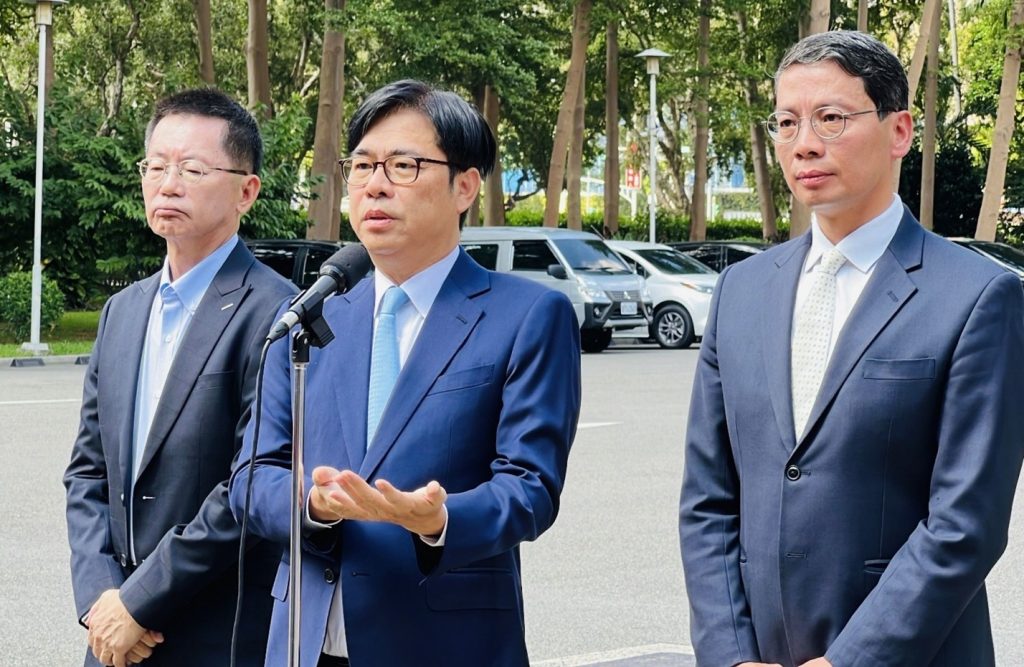Taiwan’s biggest southern city is set to see overall resources shrink by about NT$17.3 billion after last year’s budget amendments supported by the KMT-TPP passed in the legislature
TAIPEI — Kaohsiung Mayor Chen Chi-mai on Friday, September 12th, 2025, urged lawmakers to revisit flaws in the amended Fiscal Revenue and Expenditure Division Act, warning that the changes have unfairly reduced subsidies to local governments and could jeopardize major infrastructure projects in southern Taiwan.
Mayor Chen, along with other Kaohsiung City officials, traveled to Taipei at the invitation of the Executive Yuan to attend a cross-government meeting on fiscal allocations for 2026.
“The hasty revision of the law left serious problems,” Chen said, while pointing out that while Taipei City’s allocation will rise to roughly NT$450 billion after the amendment, Kaohsiung’s overall resources will shrink by about NT$17.3 billion, once decreases in general and project-based subsidies are factored in. “This is deeply unfair,” he said.
The mayor stressed that rigid formulas governing revenue sharing make equitable reform difficult. He cited metro funding as an example: Taipei has already received NT$660 billion in central subsidies for its network, while Kaohsiung has received only NT$260 billion, leaving a NT$400 billion gap. Any further reduction in subsidies, Chen warned, will hinder progress on Kaohsiung’s mass transit and other critical infrastructure.
Chen also pointed to broader regional disparities. Southern Taiwan, he said, faces an aging population and higher environmental and industrial costs, yet stands to lose under the current fiscal framework. “We cannot allow political bickering in the Legislative Yuan to block development,” he said. “People expect leaders across party lines to sit down calmly, correct mistakes, and ensure balanced growth and national security.”



